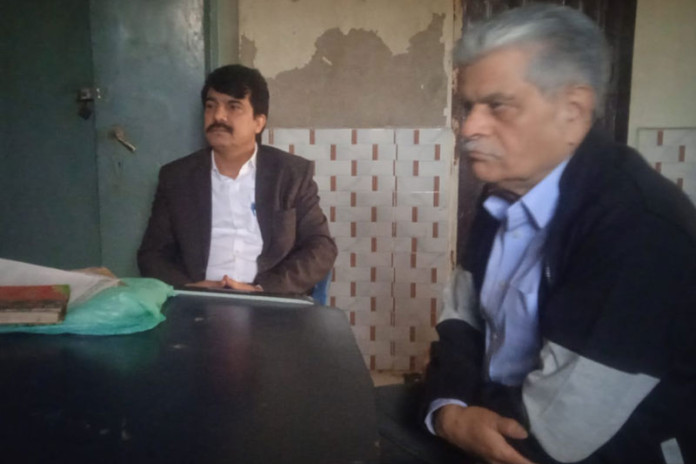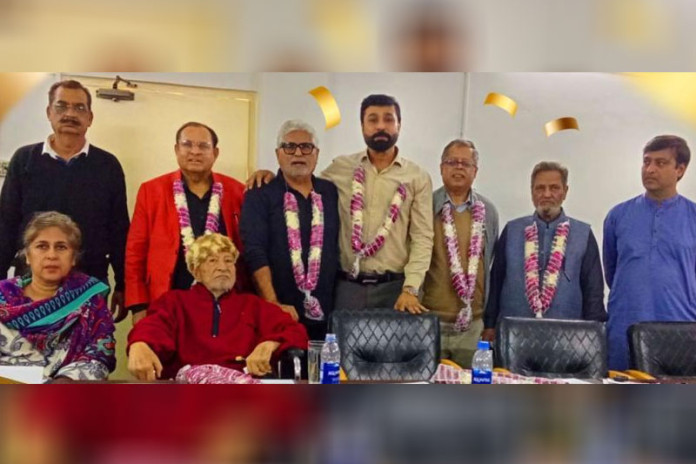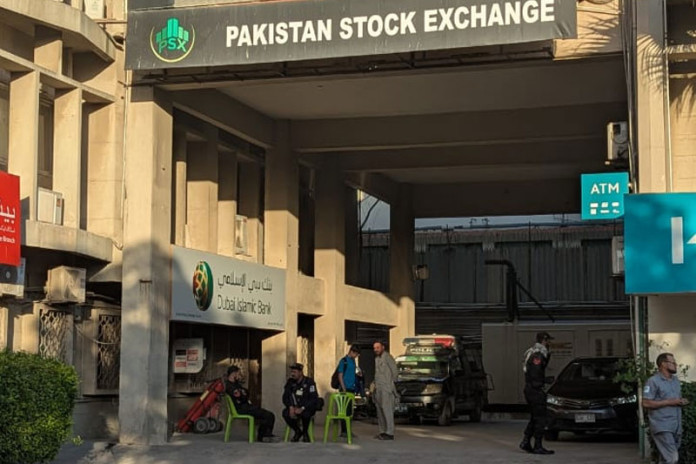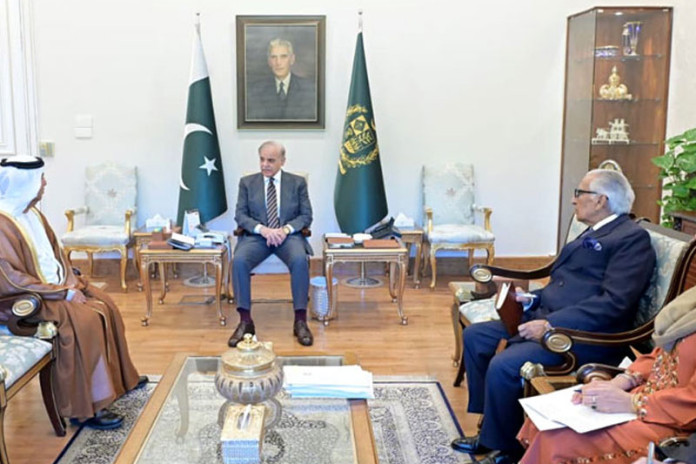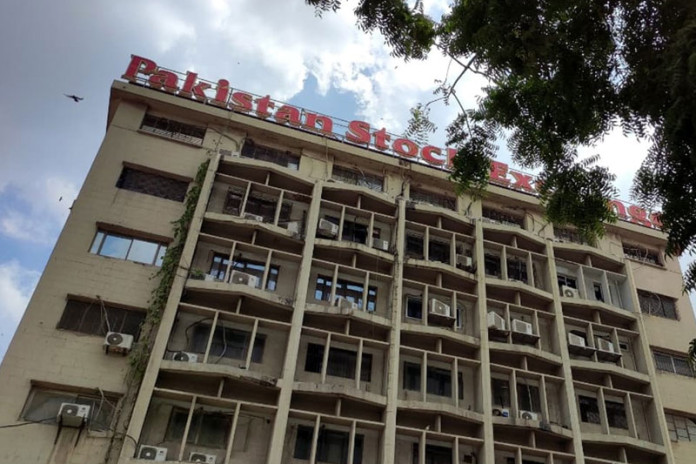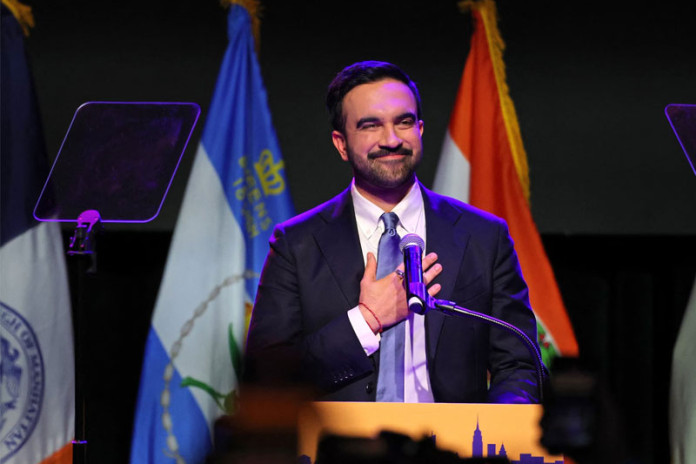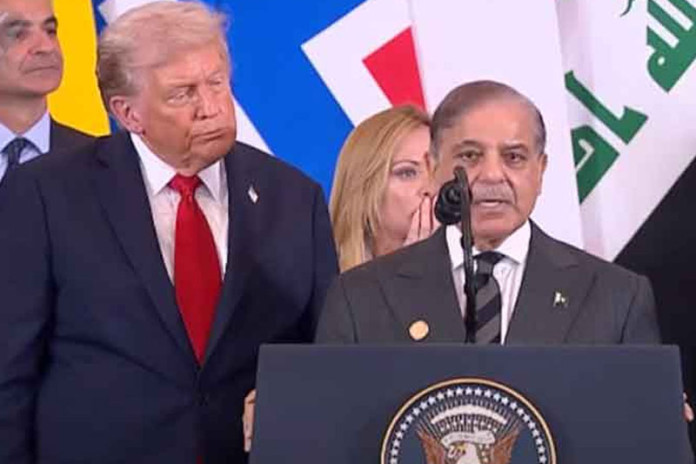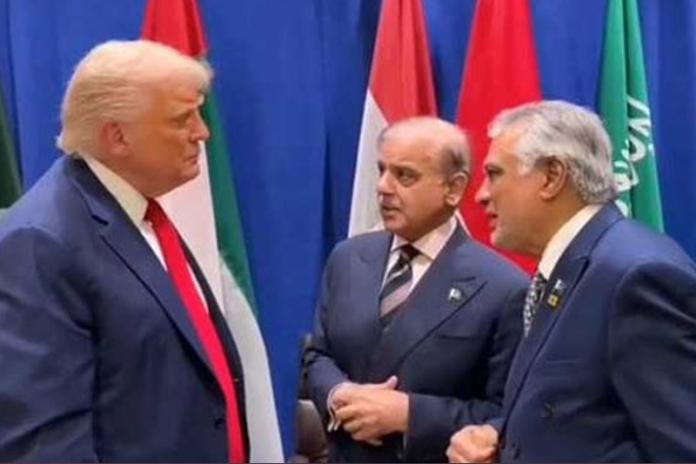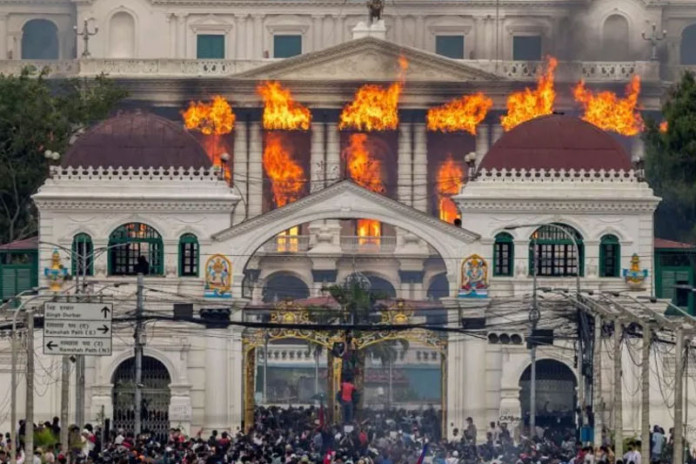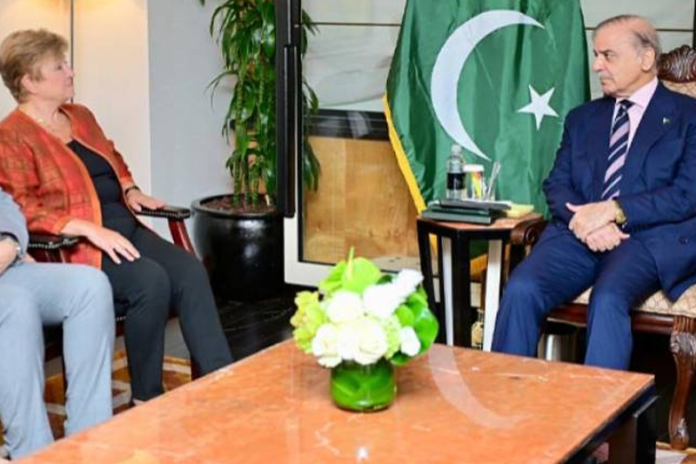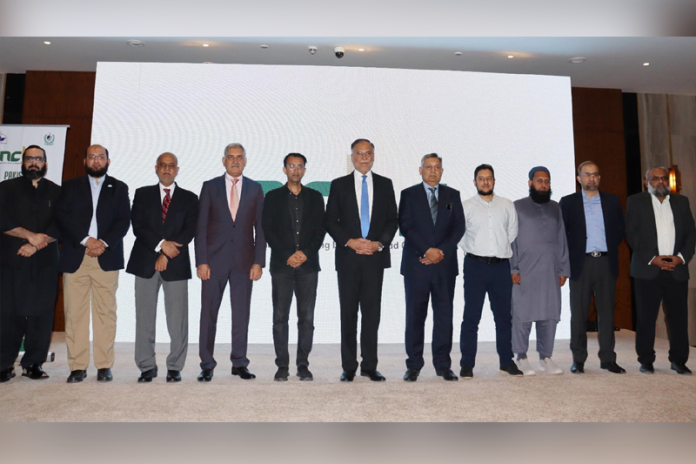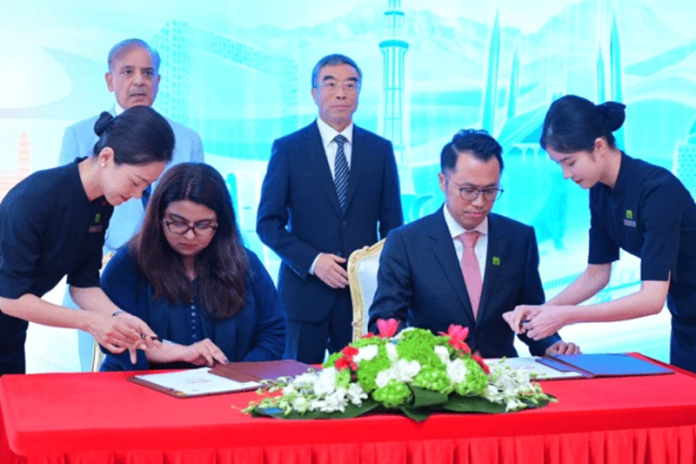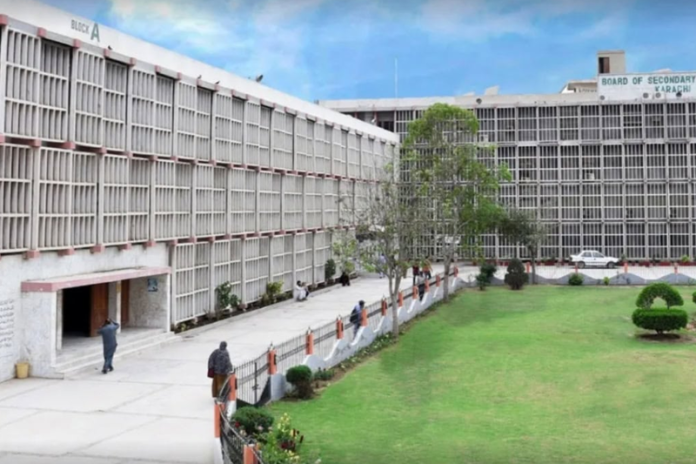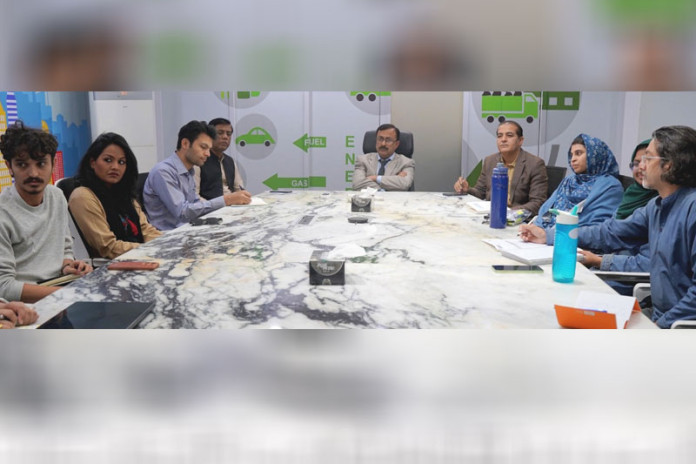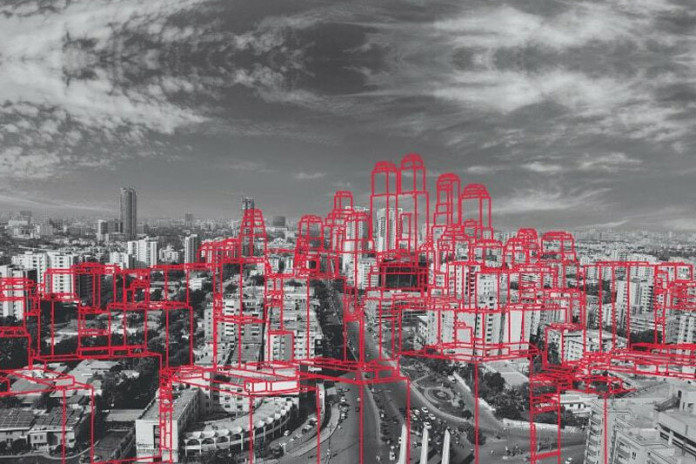GSP Plus: EU Special Representative's visit to Pakistan

- 425
- 0
The recent visit of the EU Special Representative for Human Rights, Olof Skoog, to Pakistan comes at a time when the government is facing economic challenges.
During his visit, the EU representative met with several key government figures, including Deputy Prime Minister and Foreign Minister Ishaq Dar, Army Chief General Asim Munir, Punjab Chief Minister Maryam Nawaz and Chief Justice Yahya Afridi, and discussed democracy, human rights and international humanitarian law in Pakistan.
During his visit, he also met with civil society representatives, the Punjab Minister for Minority Affairs and representatives of minority communities, where issues such as freedom of religion or belief and protection of minority rights were discussed. During these meetings, the EU representative expressed his concerns on laws such as blasphemy laws, women’s rights, forced marriages, forced conversions, enforced disappearances, freedom of expression, religious freedom, media autonomy, human rights, the right to a fair and transparent trial, civil liberties and the death penalty. It may be recalled that in 2014, the European Union granted Pakistan the GSP Plus trade status, which was further extended.
Under GSP Plus, Pakistan can export its products to the European Union without customs duties. Thus, Pakistan has a duty-free advantage over its competitors India, Turkey, Vietnam and China. This facility of the EU provides Pakistan with a tariff exemption of one billion dollars. Pakistani businesses have increased their exports to the European Union market by 108 percent since the launch of the trade scheme in 2014, making the European Union Pakistan’s largest market and Pakistan’s exports to the European Union have exceeded 6.8 billion dollars, which constitutes 22 percent of Pakistan’s total exports, while imports are 5.3 billion dollars.
To obtain GSP Plus facility, Pakistan had signed 27 international agreements, especially 16 human rights laws, which included provisions such as blasphemy laws, women's rights, forced marriages, forced conversions, enforced disappearances, freedom of expression, religious freedom, media independence, human rights, the right to a fair and transparent trial, civil liberties and abolition of the death penalty. The GSP Plus facility has been a source of concern for its rival India since the beginning and it has requested the European Union to withdraw the GSP Plus facility granted to Pakistan on the basis of minority, religious and human rights violations and executions in Pakistan, which the European Union has rejected and India has not been able to succeed in its nefarious objectives so far, but India is still engaged in conspiracies.
Unfortunately, PTI has also become an instrument of India in this anti-national propaganda and is calling the sentences given to 85 perpetrators of the May 9 tragedy and the recently passed PECA law as human rights violations. Similarly, the PTI leadership is lobbying against the GSP Plus facility in Europe and the US so that this facility is withdrawn from Pakistan. PTI has previously been campaigning against Pakistanis living in Europe and the US not sending remittances to Pakistan and against IMF loans to Pakistan, which are trying to bring Pakistan’s economy to the brink of collapse. In recent days, there have been effects of improvement in Pakistan’s economy, however, Pakistan is still dependent on the IMF and without the GSP Plus facility, the economy may face serious challenges, which Pakistan cannot afford. Global aid and incentives are used as pressure on countries in international relations. Although there are about 3 years left before the expiry of the GSP Plus facility and in June the European Union will decide whether to maintain Pakistan's GSP Plus facility, the timing of the recent visit of the European Union representative to Pakistan and the statement issued by the European Union demanding that the EU ensure implementation of conditions such as human rights are tantamount to pressure and threats on Pakistan, which the government should take seriously. Meanwhile, the Pakistan Stock Exchange has shown a downward trend, which is also a matter of concern.
Stock markets are one of the main pillars of economies around the world, providing businesses with opportunities to sell their companies' shares publicly. These markets experience ups and downs due to changes in global and local conditions. Sometimes their graph reaches highs and sometimes it suffers from severe recession. US President Trump's new measures have had a negative impact on global and Asian markets. The stock markets of Tokyo, Seoul, Singapore, Wellington, Australia and New Zealand were in the grip of recession. The Swiss franc, China, Canada and Mexico, which are considered stable, also recorded a decrease in the value of their currencies.
This business week also had a negative impact on the Pakistan Stock Exchange. Due to the downturn in global markets and the echo of protests once again in domestic politics, investors adopted a cautious attitude and did not show much interest. Due to the downturn, share prices fell by 58.22%, while investors lost Rs 1.2 trillion. The index also fell below two psychological levels of Rs 114,000 and Rs 113,000. Investment value decreased by Rs 120,832.2 million. The business volume also remained at 26.08 percent, however, purchasing activities in the cement sector remained prominent. In January 2025, the domestic consumption of cement in the country was 3.313 million tons, which was 2.967 million tons in January 2024. The dollar appreciated by 9 paisa in the interbank market. The price of gold continued to set new records.
At present, welcome official figures of reduction in inflation are coming out, but they are meaningless until they bring real change in the lives of the people. In 2024, the 100 index of the stock market reached its highest point in history at 118.735, but the common man could not benefit from its effects.



